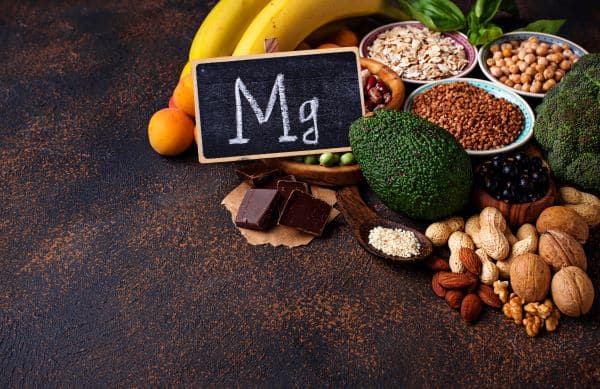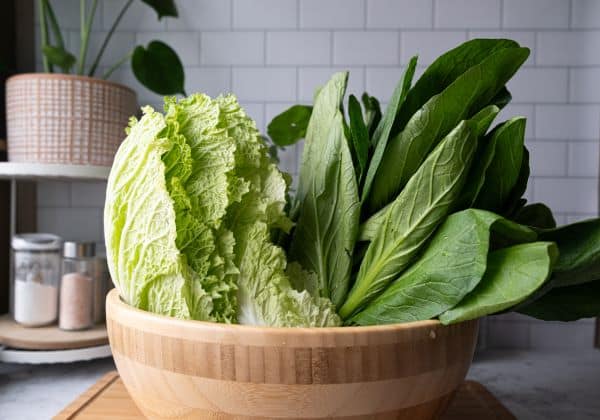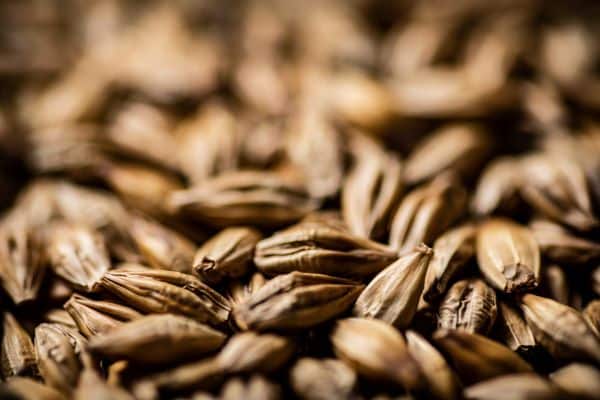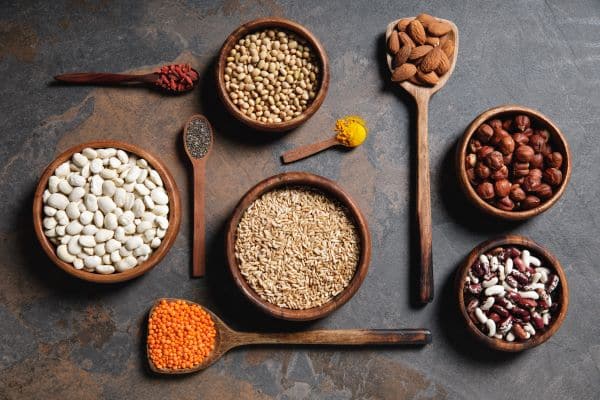Magnesium is a crucial mineral that plays a vital role in over 300 enzymatic reactions in the human body, including energy production, nerve function, and muscle contraction. Despite its importance, many people fall short of their daily magnesium requirements, leading to various health issues. This essential nutrient not only supports bone health but also aids in maintaining normal blood pressure, steady heart rhythm, and a healthy immune system. Our diet offers several delicious and healthful sources of magnesium, and incorporating these foods can ensure optimal health and well-being.
Contents
- 1 Understanding Magnesium and Its Importance
- 2 Nuts and Seeds: Magnesium Powerhouses
- 3 Leafy Greens: More Than Just Fiber
- 4 Fish: Omega-3s and Magnesium Together
- 5 Whole Grains: Beyond the Basics
- 6 Legumes: Plant-Based Magnesium Sources
- 7 Dark Chocolate: A Guilty Pleasure with Benefits
- 8 Magnesium Matters: Integrating Rich Sources into Your Diet
Understanding Magnesium and Its Importance

Magnesium, a key mineral in the human body, is essential for many physiological processes. It helps convert food into energy, create new proteins from amino acids, and regulate neurotransmitters that send messages throughout the brain and nervous system. Adults require 310-420 mg of magnesium daily, yet many are deficient, which can lead to health problems such as muscle cramps, mental disorders, and osteoporosis. Understanding the pivotal role of magnesium emphasizes the necessity of maintaining adequate levels through diet or supplementation.
Nuts and Seeds: Magnesium Powerhouses

Nuts and seeds are among the best dietary sources of magnesium. For example, just a half-cup of pumpkin seeds provides nearly 100% of the recommended daily intake of magnesium. Almonds, cashews, and Brazil nuts are also rich in this mineral, offering a satisfying way to boost magnesium intake while providing healthy fats, fiber, and protein. Including a variety of these magnesium-rich nuts and seeds in your diet can support overall health and help prevent deficiencies.
Leafy Greens: More Than Just Fiber

Leafy greens like spinach, kale, and Swiss chard are not only famous for their high fiber content but also their impressive magnesium levels. A single cup of cooked spinach contains about 157 mg of magnesium, which is nearly 40% of the daily requirement. These greens are also packed with vitamins and antioxidants, making them a powerhouse of nutrition. Regular consumption of leafy greens can contribute significantly to magnesium intake and offer numerous health benefits, from improved digestion to enhanced immune function.
Fish: Omega-3s and Magnesium Together

Fish, particularly fatty varieties like salmon, mackerel, and halibut, are excellent sources of magnesium and omega-3 fatty acids, which are crucial for heart health. A 3-ounce serving of cooked salmon provides around 26 mg of magnesium, coupled with the heart-healthy benefits of omega-3s. These nutrients work synergistically to improve cardiovascular health, reduce inflammation, and support brain function. Including fish in your diet a few times a week can help meet your magnesium needs while also providing a host of other health benefits.
Fatty fish not only offer a significant amount of magnesium but are also rich in protein and vitamin D. The combination of these nutrients makes fish an essential part of a balanced diet, promoting muscle health, bone strength, and immune function. Cooking methods like baking, grilling, or steaming can preserve the nutrient content, making fish a versatile and healthy option for increasing magnesium intake and improving overall health.
Whole Grains: Beyond the Basics

Whole grains, such as quinoa, brown rice, and barley, are nutritious staples that provide a substantial amount of magnesium. For instance, one cup of cooked quinoa contains around 118 mg of magnesium, contributing significantly to the daily recommended intake. These grains are not only rich in magnesium but also provide dietary fiber, B vitamins, and various minerals, supporting a healthy digestive system and steady energy levels throughout the day.
Integrating whole grains into meals is an effective way to boost magnesium intake. Replacing refined grains with whole-grain alternatives can enhance the nutritional profile of your diet. From hearty breakfast porridges to satisfying grain bowls, whole grains offer a versatile and delicious way to increase your magnesium levels while benefiting from their overall nutritional value.
Legumes: Plant-Based Magnesium Sources

Legumes, including beans, lentils, and chickpeas, are excellent plant-based sources of magnesium, protein, and fiber, making them ideal for vegetarians, vegans, and meat-eaters alike. A cup of cooked black beans, for example, contains about 120 mg of magnesium, which is a significant contribution to the daily recommended intake. These nutrient-dense foods also support heart health and help regulate blood sugar levels, thanks to their high fiber and protein content.
Including legumes in your diet can be both nutritious and versatile. They can be incorporated into a variety of dishes, such as soups, salads, and stews, providing a hearty and healthful boost to your meals. Regular consumption of legumes can enhance your magnesium intake and offer numerous other health benefits, making them a staple food for maintaining a balanced and nutritious diet.
Dark Chocolate: A Guilty Pleasure with Benefits

Dark chocolate is not only a delectable treat but also a potent source of magnesium. A one-ounce square of dark chocolate containing 70-85% cocoa provides about 64 mg of magnesium, which is a substantial amount for such a small serving. This makes dark chocolate a satisfying option for those looking to increase their magnesium intake while indulging in a bit of luxury. It’s important to choose dark chocolate with a high cocoa content to maximize the health benefits and minimize added sugars and fats.
Consuming dark chocolate in moderation can offer more than just magnesium; it’s also packed with antioxidants, flavonoids, and other beneficial compounds that promote heart health and reduce inflammation. This treat can be part of a healthy diet when consumed wisely, offering a way to satisfy sweet cravings and provide nutritional benefits. Including a small amount of dark chocolate in your daily routine can enhance your magnesium levels and contribute to overall well-being.
Magnesium Matters: Integrating Rich Sources into Your Diet
Ensuring adequate magnesium intake is vital for maintaining health and preventing deficiency-related issues. By incorporating magnesium-rich foods such as nuts, seeds, leafy greens, fish, whole grains, legumes, dark chocolate, and avocados into your diet, you can easily meet your daily requirements while enjoying a variety of nutritious and delicious meals. These foods not only provide the necessary magnesium but also offer a plethora of other health benefits, supporting overall well-being. Embrace these magnesium powerhouses to boost your health, energy, and vitality, making every meal both a pleasure and a step toward optimal health.


